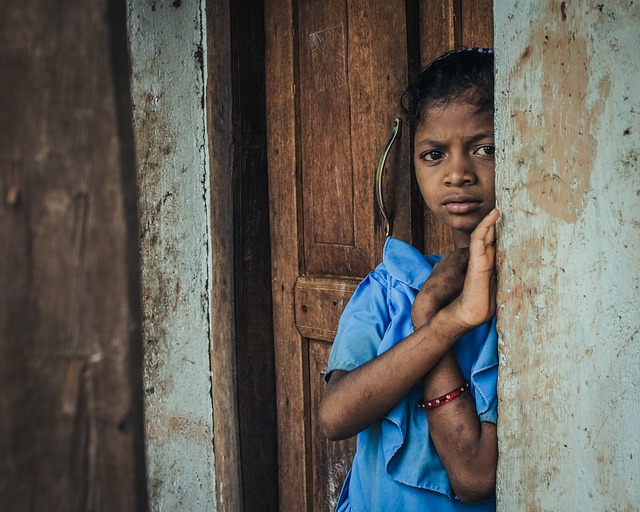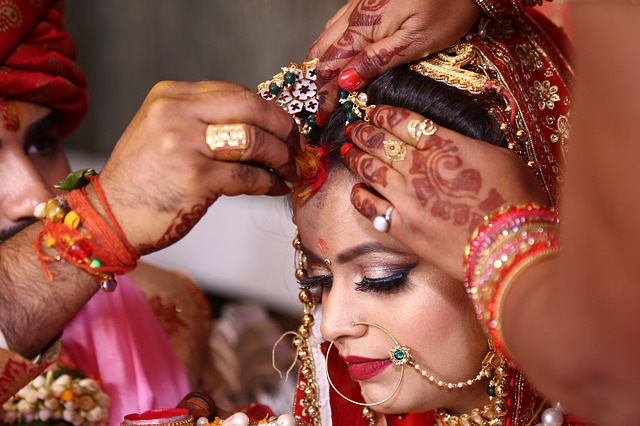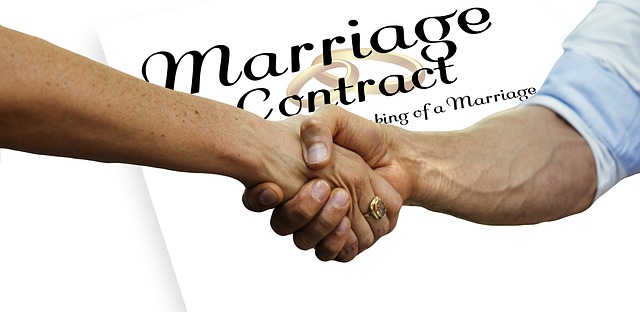By Eleni Papageorgiou,
Just by hearing the words “marriage” and “family” most people think of a happy time, a big ceremony, a cozy house with lots of love shared between a couple. This usually aims at making official and celebrating the communion of the couple in front of God, relatives and friends. Practically it signifies the creation of a home and a new family.
However, sometimes things are not as simple as they seem. As a marriage concept, people usually take under consideration customs, traditions, laws and social perceptions, which are not always in favor of an untroubled and beneficial wedding. One of the most important factors that can be considered harmful is the tolerance and even the authorization of child marriage. This phenomenon is more frequent and accepted in underdeveloped countries, especially in the Middle East and Asia. We should mention, though, that even in Europe and some states in the U.S., marriage under the age of adulthood is only allowed under special circumstances. Also, in some cases, it took many years to legislate against child or unwanted marriage. Although it is safe to say that in Western countries these practices are avoided and extremely reprehensible, still they have not disappeared. For example, according to Business, Women and the Law (a World Bank Group collecting data about gender inequality in the law), 168 out of 190 countries legally define the age at which girls can marry without any type of consent above the age of 18. But in 134 of those, there are exceptions when lowering the age of marriage with parental consent, is accepted by a judge or another authority. Do you know what happens when conditions are getting harder and poverty -leading to survival problems, luck of education, struggling for health care- shows up?
It is then that children and especially girls are at greater risk. Not knowing how to stand up for themselves, how to ask for help or just escape from a “toxic” environment they are becoming objects of exchange. Men of power and wealth abuse the need of poor families and “reserve” little kids for an early marriage. Sometimes this custom is preferable, even when economic factors are not a problem, in order for the family to get rid of an extra cost. Data from 2013, year of Ebola’s outbreak adds up to that, showing that the more girls were kept out of school the more unlikely it was for them to return. As a consequence, girls endure loss of childhood, drop-outs from education, early pregnancies and separation from the family, vital factors for the healthy mentality of a psychologically stable human.
What we must not ignore is that isolation and confinement has lead to violent incidents even between long-lasting relationships and families usually against helpless women and children. These ostensibly smiling families have now been witnesses of male brutality and the effects of some incapable societies to abolish such practices.
Specifically not deleting all possible exceptions for child marriage, has given the opportunity for 2.5 million more child marriages to take place due to the COVID-19 pandemic until 2025. It is reported that COVID-19-related school closures have interrupted the education of approximately 1.6 billion children worldwide. In South Asia, girls have disproportionately been impacted by the risk of increased child marriage this year (191,000), followed by West and Central Africa (90,000), and Latin America and the Caribbean (73,400). The phenomenon is also expected to rise in East Asia and the Pacific (61,000), Europe and Central Asia (37,200), and the Middle East and North Africa (14,400).
Improving girls educational level is certainly necessary for health safety, sex education, increase of earnings, strengthening of the power of decision, control over their rights etc. Social actions against poverty, women support movements, crisis lines, education missions, and of course fair justice are only the beginnings of literally saving girls’ lives around the world. This occurrence is not about the divide between the poor and the privileged, the East and the West, kids or adults. It is about equality and fairness towards every less lucky human being especially in today’s pandemic conditions.
References
- UNICEF, Pandemic-induced poverty pushing up child marriage. Available here.
- THE LANCET, 2·5 million more child marriages due to COVID-19 pandemic. Available here.
- Save the children, COVID-19 PLACES HALF A MILLION MORE GIRLS AT RISK OF CHILD MARRIAGE IN 2020. Available here.






